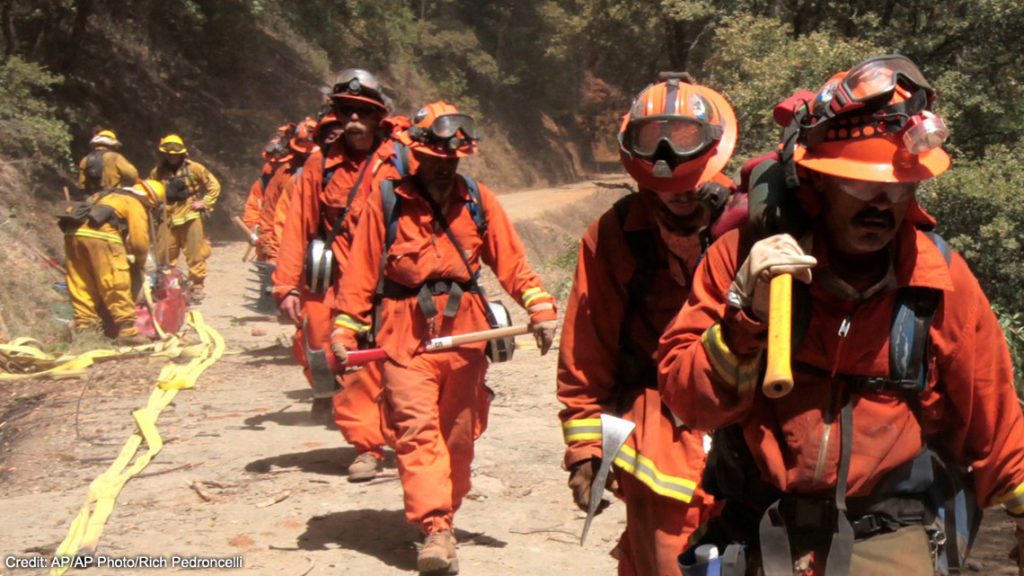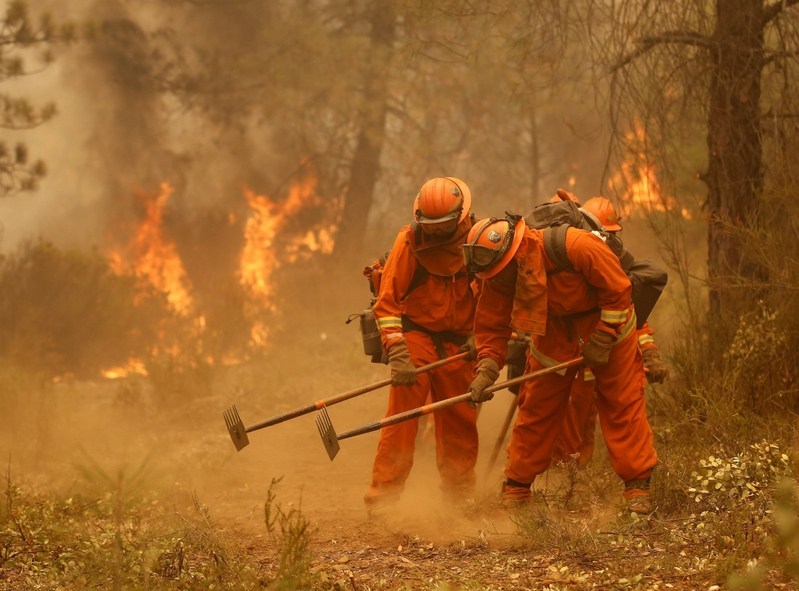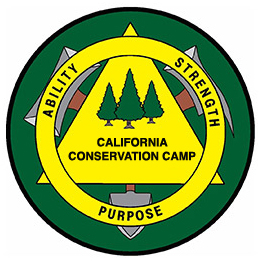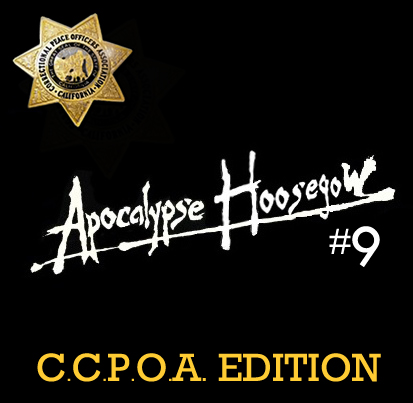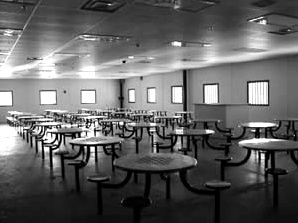UPDATE: AB-2147 is now law. Each year, more than 2,000 inmate firefighters battle California wildfires for less than what we civilians pay for a cup of coffee. These current and formerly incarcerated offenders will remember 2020 as the year their hard work was finally recognized and their professional skills ratified.
–––––––––––––––––––––––––––––––––––––––––––––––––––––––––––––
If Governor Gavin Newsom signs California AB-2147, former inmates who have successfully participated in the state’s Conservation Camp program may soon see employment barriers related to their past criminal records lifted.
These ex-inmates would be able to request accelerated expungements and apply for a number of state emergency technician licenses, all of which would put to use the training, experience, bravery, and heroic skills they honed during incarceration, but which have so far been deemed valueless outside the perimeter walls.
AB-2147 would acknowledge the contributions Conservation Camp inmates make each season in assisting professional firefighters, including the danger they put themselves in to defend the life and property of Californians like you and me. That includes finger pointers who’d prefer to keep them locked up forever as well as people who say things to “relate” to ex-felons, such as, “Heh-heh. The only difference between me and you is I never got caught.” And finally, it would mean de facto recognition for the three inmates who have died containing our state’s wildfires.
But maybe you’re not quite ready to call these guys “heroes.” Fine then. Call ’em “survivors,” as in, California wildfire containment survivors. If even that makes you grit your teeth, I’d like to see you stand up to a wall of flame for between $2.90 and $5.12 per day. Assemblywoman Eloise Gomez Reyes, one of the key sponsors of AB-2147, put it clearly: “I would hope that most of us would agree that an individual willing to face down a fire and smoke is much more than the sum of their previous mistakes.”
I last addressed the misadventures of inmate firefighters as they were being bureaucratically bounced between the California Correctional Peace Officers Association (the crafty union representing prison guards) and the professional firefighters relied upon by California’s prison system to select and train volunteer inmate-applicants. The passage of this new bill would send a needed and powerful signal about the sorts of sacrifices we truly value.
For a fresh take on AB-2147’s promise for both Camp program graduates and California taxpayers, check out Los Angeles Times columnist, Erika D. Smith’s relevant reckoning.
There’s a reason why some call Conservation Camp participants the “special forces” of California inmates. Here are some of the questions and qualifications offender-applicants are expected to meet.
And of course, here’s AB-2147 for your perusal.

